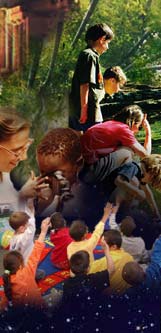|
VISION
Vision and the Scientific Habit of Mind
SUMMARY OF
5-day TEACHER WORKSHOP
October 26-30, 1998
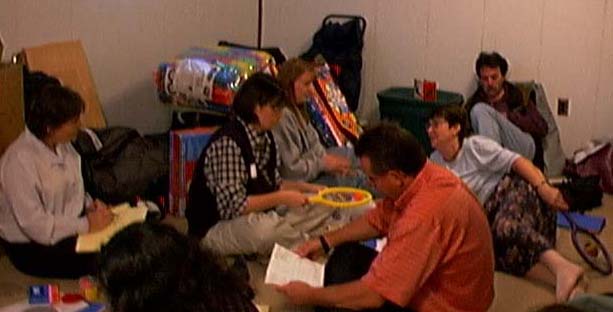
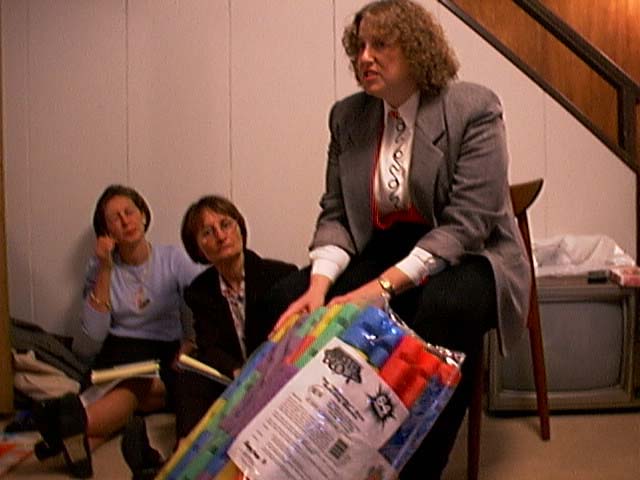
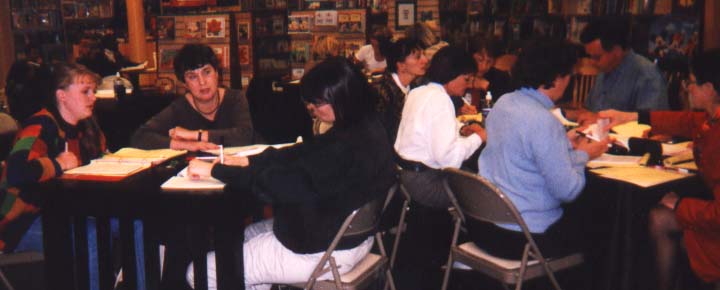
Introduction:
Defining and understanding your educational philosophy. Building
consensus on a team's educational philosophy: in terms of a) Humanistic
philosophy; b) Social Reconstructionist philosophy; c) Mechanistic
philosophy; d) Academic philosophy.
Doing interdisciplinary
thematic teaching:
Identify the validity and suitability of a given theme with respect
to: a) importance within each subject; b) mutual benefit to all
subjects; c) ability to transcend subject boundaries; d) contribution
to broader educational outcomes; e) applicability throughout; f)
capacity to encourage creativity, and motivate students to take
responsibility for their own learning; g) promotion of higher-order
thought processes; h) attention to diversity.

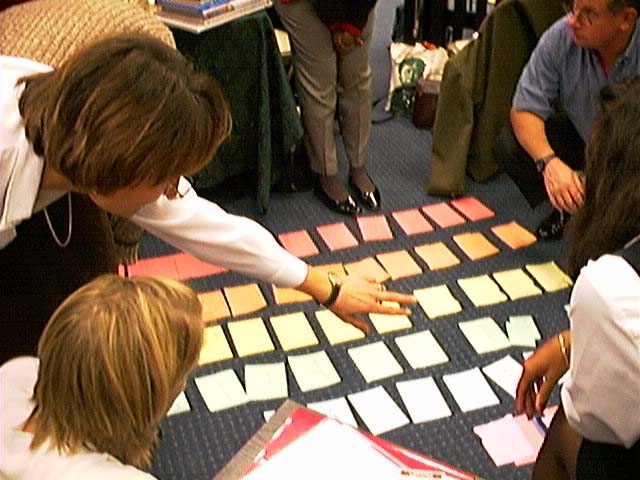
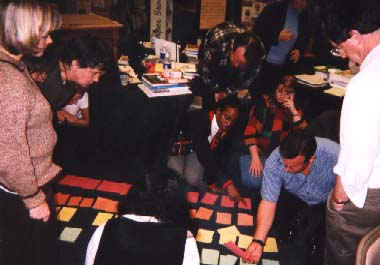
Integrating technology
and the World Wide Web in the Classroom.
Learning to use the concept of hypertext, developing research strategies
in critical web-surfing, evaluating the quality of Web sites, using
the Web for Virtual Field Trips and for building virtual partnerships.
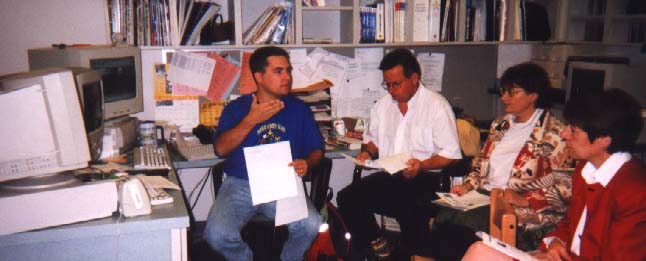 Addressing
the practical issues of program implementation: Taking
care of the details throughout the program: a) materials - books,
games, software; b) storage of materials; c) budget; d) schedules,
teamwork, fieldtrips; e) coordination with administration, community,
parents. Addressing
the practical issues of program implementation: Taking
care of the details throughout the program: a) materials - books,
games, software; b) storage of materials; c) budget; d) schedules,
teamwork, fieldtrips; e) coordination with administration, community,
parents.
Discussing organizational
plans for interdisciplinary program implementation:
a) multiple intelligences; b) sequence of instruction; c) roles
& responsibilities of teachers and students; d) planning time,
formative and summative evaluation; e) Mental Warm-Up activities.
Visit to Science in American Life & related
exhibits at Museum of American History, Smithsonian Institution
Photographing, videotaping, gathering materials.
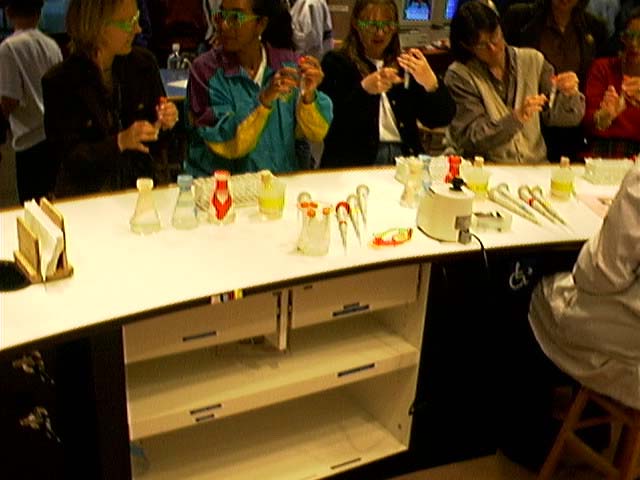 Participating in the hands-on
utilization of materials: Participating in the hands-on
utilization of materials:
(Both at Hands-on-Science Center and school) Make the program relevant
to each student by exploring and analyzing toys, games, and software
through Prismaticum to see how such objects can be used to teach
school subjects (math, science, language arts, socials studies,
art, music) in and out of the classroom.
Sample toys, games, and software from educational
toy store and help students combine scientific and rational methods
of deliberation, analysis and synthesis with familiar objects
so they may become self-motivated investigators and effective lifelong
learners. Search for right questions to ask as well as discover
the best possible answers. Figure out how things work: Use books,
toys, games, models, CD-ROMS, Internet; museum photos, slides, exhibits;
school & library resources, businesses, experts, parents, government
support. Observe, analyze, interpret, report. Translate with the
arts (scrapbook, collages, music).
Discussing with community participants
(businesspeople, parents, government representatives) how inventions
and discoveries affect their daily life.
Organizing Actual & Virtual SOCRATES
FESTIVAL set for June 4-5, 1999 at Landmark Mall in Alexandria,
VA:
Student Inventions Presentation. Planning, contacting media, inviting
parents, administrators, sponsors, etc.
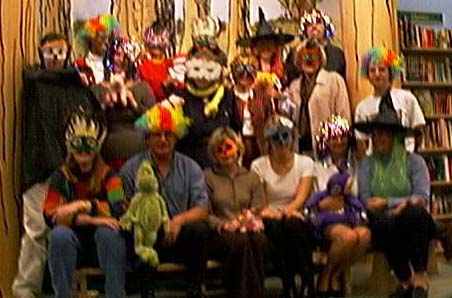
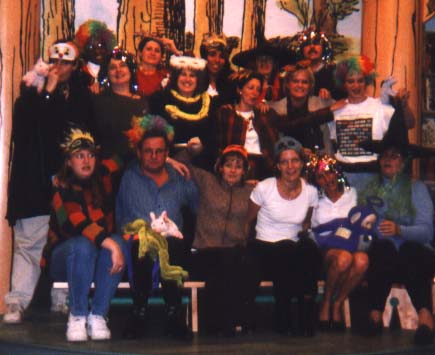
Participating teachers from
the sister cities of Caen (France) and Helsingborg (SWEDEN) with
those from Alexandria, Virginia (USA) --- celebrating Halloween
and a successful end of Stage 1 of the "Vision" project.
More on...
[Teachers' Smithsonian
visit ]
[Teachers'
Receptions]
[
Socrates Main Menu] [ Vision
Menu ] [ Festival
Menu ]

CyberEthics Project
|

